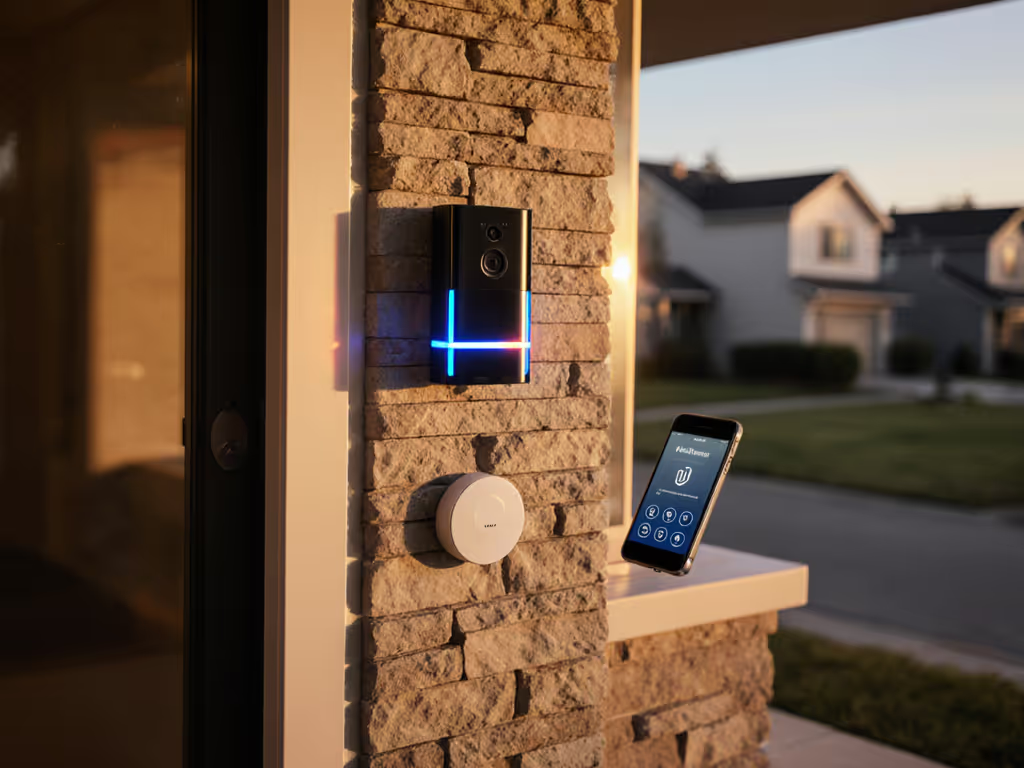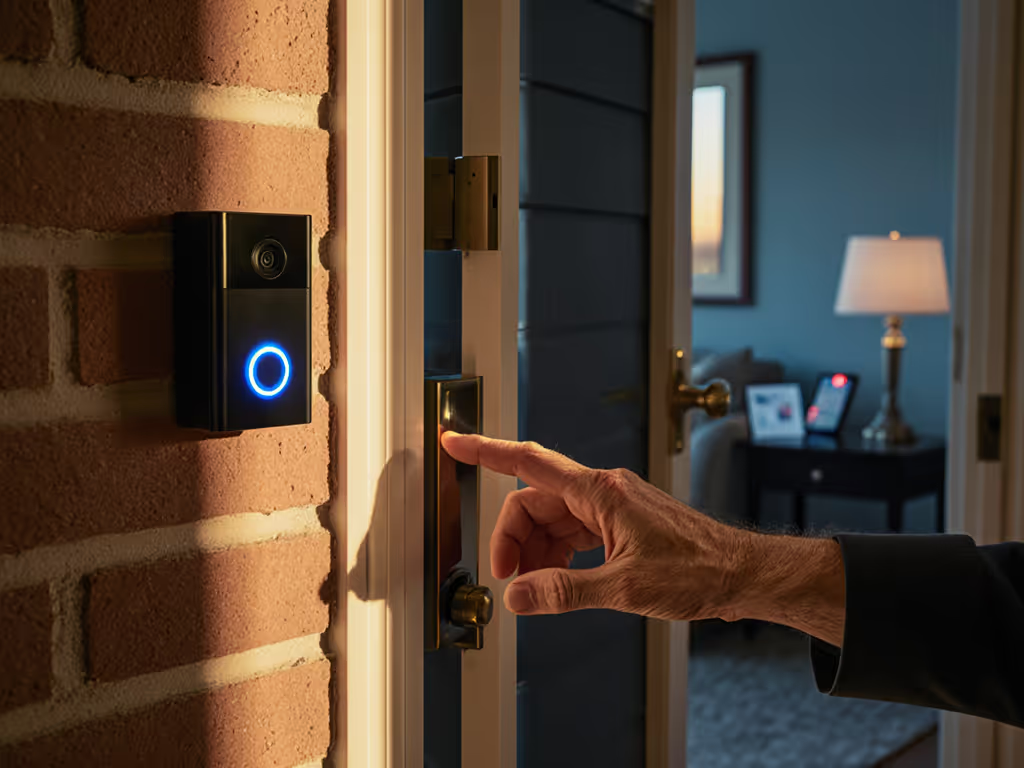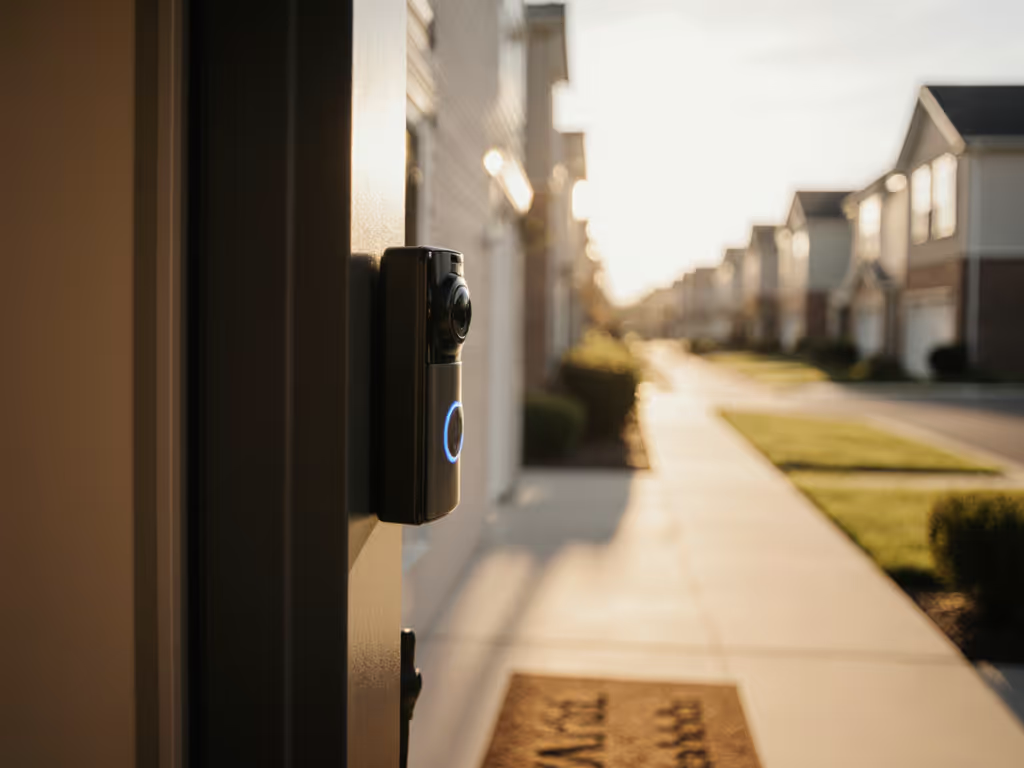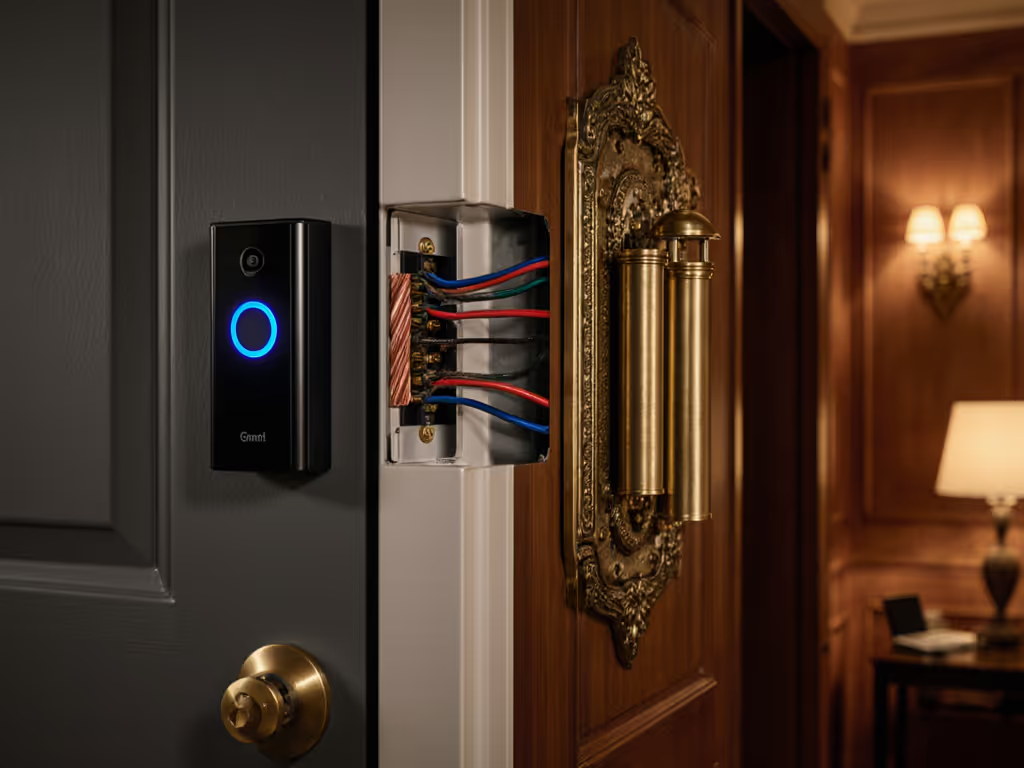
Multi-Country Video Doorbell Privacy Laws Explained
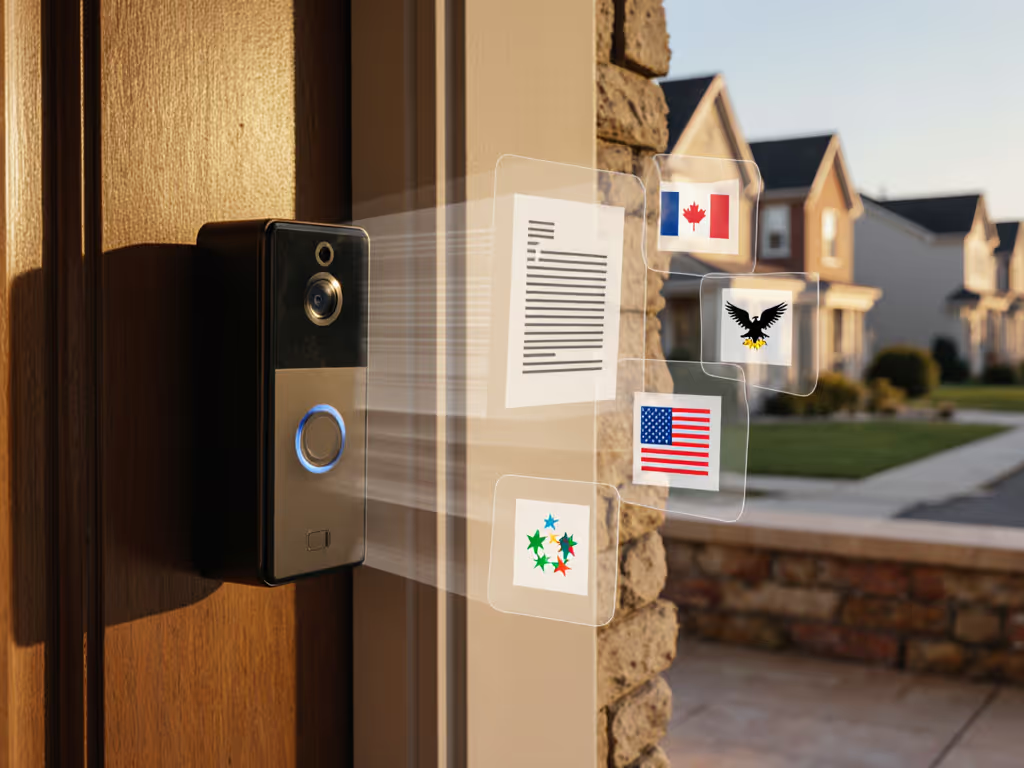
As more households install international video doorbell systems to combat porch piracy and verify deliveries, most consumers remain dangerously unaware of how security home camera regulations vary across borders. The marketing claims of "GDPR-compliant" and "privacy-friendly" devices often mask a complex reality where your neighbor in Manchester could legally face six-figure fines while your counterpart in Texas operates under completely different rules. Let's cut through the noise with policy-accurate guidance for the privacy-conscious homeowner who demands control over their data flow.
Q: What's the biggest legal risk I face when installing an international video doorbell?
A: The "Fairhurst v Woodard" case (2021) set a precedent that should terrify careless installers. A UK homeowner was ordered to pay £100,000 in damages after their doorbell consistently captured a neighbor's property and recorded private conversations. This was not just a privacy violation (it constituted harassment under UK law). The key lesson? Regional data laws treat excessive footage as personal data processing, triggering GDPR obligations even for domestic use when public spaces are captured. If your doorbell peers beyond your property line (even unintentionally), you're processing others' data and must implement appropriate safeguards. This is why I always configure my own system to limit recording angles and enable local storage decryption, so when a neighbor recently asked for footage after a package theft, I could export just the relevant minute without granting platform access. For a practical checklist, follow our doorbell privacy settings guide.
Q: How do privacy regulations differ for security home cameras across countries?
A: The foundational principles remain consistent, but enforcement varies dramatically:
-
UK/EU: Strict GDPR applies when public spaces are captured. UK's ICO requires clear signage, data minimization, and typically mandates footage deletion within 30 days. Audio recording is particularly treacherous, capturing conversations without consent violates stricter privacy norms.
-
Spain: Ley Orgánica 3/2018 prohibits filming public roads or neighbors' properties. The AEPD recently fined a homeowner simply for capturing a neighbor's doorway. Verbal warnings aren't sufficient; documented signage is mandatory.
-
USA: No federal GDPR equivalent, but state laws vary wildly. California requires two-party consent for audio, while Texas follows one-party consent. Police partnerships with companies like Ring have created de facto surveillance networks that operate outside normal legal oversight. Learn how Ring Neighbors and community safety networks operate and what privacy controls you can use.
The critical pattern? International privacy regulations universally require you to minimize data collection to your legitimate security needs, not what your device is technically capable of capturing.
Q: Why should I be skeptical of 'GDPR-compliant doorbell' marketing claims?
A: "GDPR-compliant" is often meaningless marketing fluff. True compliance depends entirely on your configuration and usage, not the device itself. Most "compliant" doorbells:
- Default to cloud storage with opaque retention policies
- Share data with law enforcement via "partnerships" you didn't explicitly authorize
- Lack granular privacy zones to exclude sidewalks or neighbors' windows
- Record audio by default in jurisdictions where it's illegal
A genuine GDPR-compliant doorbell would:
- Store footage locally by default with on-device encryption
- Require explicit configuration for each external data sharing point
- Provide clear audit logs showing exactly what data left your network
- Never enable police data sharing without your specific, per-request approval
As I've documented in my analyses: Privacy is a feature, not a line in marketing. If accessing your footage requires navigating third-party platforms, you've already lost control of your data. To keep footage local and faster to access, see our explainer on edge-computing doorbells.
Q: What's the real risk with audio recording capabilities on doorbells?
A: Audio transforms your security device into a legal liability time bomb. While video of public spaces may be permissible under "reasonable expectation of privacy" doctrines in many jurisdictions, audio recording operates under stricter rules:
- EU/UK: Generally prohibited without explicit consent for all parties
- USA: One-party consent states (like Texas) vs. two-party consent states (like California)
- Spain: Requires written consent from all recorded parties
Many doorbells record audio by default, creating evidence that could be subpoenaed in disputes. In my threat modeling, I treat all audio recording as high-risk (a position confirmed by the ICO's enforcement actions against homeowners who didn't realize their "smart" doorbell was capturing conversations). Disable audio unless you've verified it's legal in your jurisdiction and you've implemented proper signage.

Aqara Video Doorbell G4
Q: How can I avoid neighbor disputes common with international video doorbells?
A: Proactive transparency is your strongest defense. Implement these steps before installation:
- Conduct a field-of-view test with a friend walking the property line to verify coverage boundaries
- Install clear signage stating "Video recording in operation" in your local language
- Configure privacy zones to exclude neighboring windows, driveways, and sidewalks
- Establish a deletion policy (typically 14-30 days unless evidence is needed)
- Use local storage so you control when and how footage is shared
When I helped my neighbor with the package theft issue, having these protocols in place meant I could share only what was necessary without compromising my own security posture. Multi-country installation requires understanding not just local laws but cultural expectations, because what is acceptable in Toronto may cause major disputes in Barcelona. For setup specifics and compliance-friendly mounting tips, see our DIY vs pro installation guide.
Q: What's the first thing I should check before buying an international video doorbell?
A: Ignore the resolution specs and focus on data governance:
- Storage architecture: Does it offer local storage as the default option?
- Data flow transparency: Can you see exactly where footage travels?
- Retention controls: Can you set automatic deletion without cloud subscriptions?
- Sharing protocols: Are permissions granular and auditable?
- Law enforcement policies: Does it require your explicit approval for each request?
Without these fundamentals, you're surrendering control of your most sensitive property data. Compare cloud vs local doorbell storage to understand cost, retention, and privacy trade-offs. Always prioritize devices that let you maintain custody of footage until you choose to share it (a requirement that eliminates most "free" cloud-reliant models from consideration).
Final Thoughts
Global adoption of video doorbells has outpaced both consumer awareness and regulatory frameworks. The only way to navigate this complex landscape is through threat-model oriented decisions that place privacy as the default, not an optional extra. When evaluating systems, remember that true security means controlling your data from capture to deletion.
Before installing any international video doorbell, consult your local data protection authority's guidelines. The UK ICO, Spanish AEPD, and similar agencies provide free resources that override any vendor claims about compliance. For deeper analysis of vendor policies across jurisdictions, subscribe to my quarterly privacy bulletin where I dissect manufacturer terms against actual regulatory requirements.

